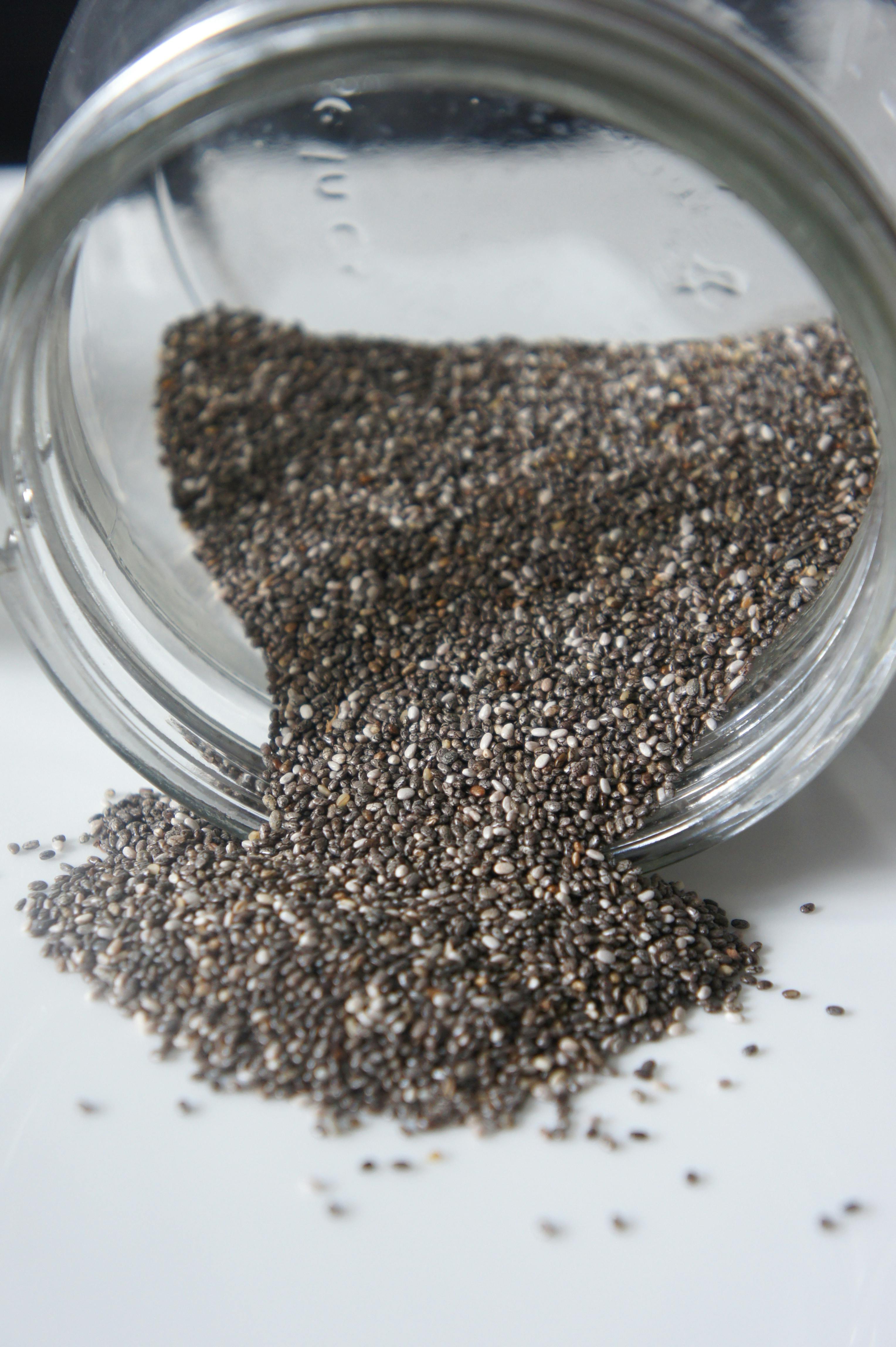Apply Now
Smart Ways to Enhance True Foods for Improved Nutrition
The Importance of Healthy Foods in Daily Life
Embracing healthy foods is essential for maintaining overall well-being and vitality. By incorporating wholesome meals into your diet, you can achieve balanced nutrition, which supports your immune system and promotes gut health. Opting for organic ingredients and fresh produce not only provides superior flavor but also ensures that you consume nutrient-dense foods, rich in vitamins, minerals, and antioxidants. Understanding the benefits of these foods can help improve your dietary choices, leading to a more energetic and healthier life.
A primary strategy for enhancing your nutrition is to focus on incorporating superfoods—such as berries, leafy greens, and nuts—into your everyday meals. These foods are typically rich in dietary fiber and healthy fats, which can lead to improved digestion and better heart health. Additionally, seasonal foods often provide the freshest and most flavorful options available, making them a wise choice for meal planning.
However, getting acquainted with food labels is crucial in your quest for clean eating. Understanding what goes into your food helps you make mindful eating choices. Pay attention to preservatives and sugar alternatives, as these can significantly impact your overall health. Implementing these practices promotes a sustainable approach to eating that not only nurtures your body but also respects the environment.
Delving into the World of Whole Foods
Whole foods are an integral part of a healthy lifestyle. They are minimally processed and free from artificial additives, making them a cornerstone of nutritious meals. Foods like whole grains, legumes, and fresh fruits should be staples in your diet as they provide a balanced intake of protein sources and essential nutrients. Including a variety of food groups ensures that you're meeting your nutritional goals and helps in combating food waste.
Moreover, adopting a plant-based diet when possible is correlated with numerous health benefits, including lower risks of chronic diseases. You may be surprised to know that cooking techniques, such as steaming and sautéing, can enhance the nutritional quality of your meals. By learning how to select and prepare whole foods correctly, you can create culinary masterpieces that are both delicious and nutritious.
Incorporating whole food recipes into your routine doesn't have to be daunting. You can start with easy healthy dishes that combine fresh produce, wholesome grains, and protein-rich snacks. This is where careful grocery shopping comes into play; having a well-planned grocery list can prevent the pitfalls of unhealthy food choices.
Meal Prep for Consistent Healthy Eating
Meal prep is a powerful tool that can help you maintain healthy eating habits while ensuring portion control. By preparing nutritious meals in advance, you reduce the temptation to choose low-calorie options or unhealthy snacks when hunger strikes. This practice also saves time during busy weeks, making it easier to adhere to a balanced diet.
Start with a few simple tips: batch cooking can help you manage large quantities of food for the week. Focus on nutrient absorption by pairing foods high in vitamin C with iron-rich foods, like lentils and spinach. Consider experimenting with meal delivery services that focus on seasonal recipes, allowing you to try new flavors while ensuring that your meals remain deeply nutritious.
Tracking your progress through food diaries can help enhance your meal planning strategies. By noting what works best for you, you can adjust your meal prep accordingly. With smart eating strategies in hand, you can take control of your dietary regimen, leading to lasting lifestyle changes.
Incorporating Seasonal and Local Foods
Building on the emphasis of whole foods, integrating seasonal and local foods into your meals not only enriches your palate but also supports sustainable agriculture. Buying from local farms ensures freshness and can help reduce your carbon footprint. This approach connects you to the food community and informs your food sourcing choices.
Planning meals around the bounty of the season encourages variety in your diet, which is essential for not only satisfaction but also for nutritional diversity. Seasonal fruits and vegetables are often more affordable and provide optimal flavor and nutrients. Engaging in seasonal cooking means you can also experiment with different ethnic cuisines that highlight local produce.
Many delicious recipes focus on using fresh, local ingredients. For instance, creating wholesome meals that showcase heirloom tomatoes or local greens can elevate a simple dish into something special. The nutrition from seasonal, fresh foods can significantly contribute to your well-being, promoting immune support and healthy digestion.
Remember to explore fermenting and preserving seasonal items. These methods can enhance gut health and create delicious side dishes that complement your meals while ensuring sustainability.
Boosting Nutrition with Superfoods
This naturally leads us to the discussion of superfoods. These foods are nutritional powerhouses that can dramatically enhance the quality of your meals. Foods high in antioxidants, such as blueberries and dark chocolate, can contribute to reducing the risk of various diseases while adding exciting flavors to your dishes.
Incorporating superfood smoothies into your breakfast routine can provide a quick and nutritious start to your day. Using spinach, avocado, and a banana not only packs in essential nutrients but also creates a satiating meal that keeps you energized throughout the morning.
Paying attention to nutrient-dense options also guides your food management strategies. Focus on foods rich in vitamins and minerals while being mindful of calorie counting and portion sizes. This balance ensures that you enjoy all the benefits of healthy eating without compromising on taste.
Researching emerging healthy food trends ensures you stay updated on nutritional insights and innovations. Participating in health education workshops can deepen your understanding and inspire you to engage more authentically with your food choices.
Developing Healthy Cooking Habits
The transition to healthier eating necessitates mindful cooking habits that foster nutrition. Understanding healthy substitutions is key to modifying your favorite recipes while maintaining pleasing flavors. For example, swapping out white flour with whole grain options can enhance dietary fiber levels in your dishes while enriching your meals.
Utilizing culinary herbs and spices can boost flavor without relying heavily on salt or sugar, making them excellent allies in an anti-inflammatory diet. Experimenting with various cooking methods—like broiling, grilling, or roasting—also enhances food quality while providing exciting variations to your meals.
To transform your kitchen into a haven for healthy cooking, keep food safety protocols in mind. Ensure you understand food allergies, reading food labels carefully, and seeking out clean label foods. This thorough approach to cooking strengthens your commitment to clean eating and promotes a healthy lifestyle.
As you embrace these healthy cooking techniques, you may also want to delve into food pairings. Pairing high-fiber foods with protein sources leads to more sustained energy and keeps you satisfied longer.
Conclusion: Embracing a Healthy Lifestyle
In conclusion, adopting smart ways to enhance true foods for improved nutrition involves a holistic approach to meal planning, ingredient selection, and cooking. By focusing on organic ingredients, whole foods, superfoods, and seasonal produce, you can create a diet rich in nutrients that support your overall well-being.
Continually evaluate your dietary choices, practice mindful eating, and remain open to experimenting with new cooking techniques. This journey toward a healthy lifestyle is both rewarding and delicious, allowing you to build habits that promote balanced nutrition and help you thrive.




